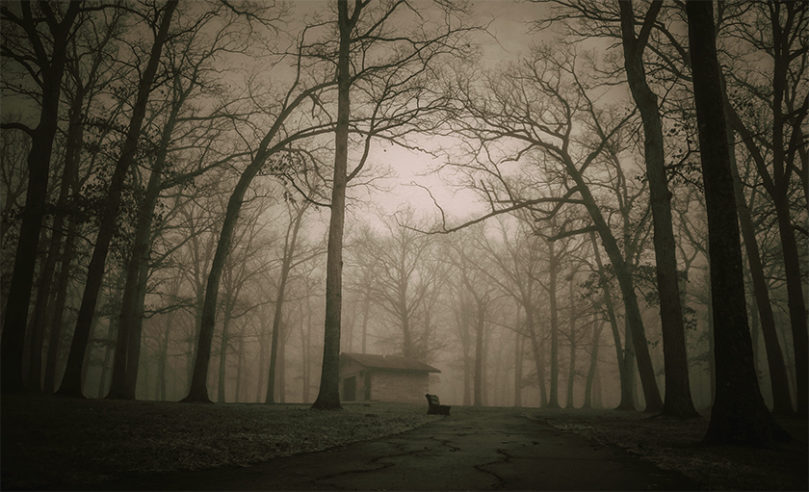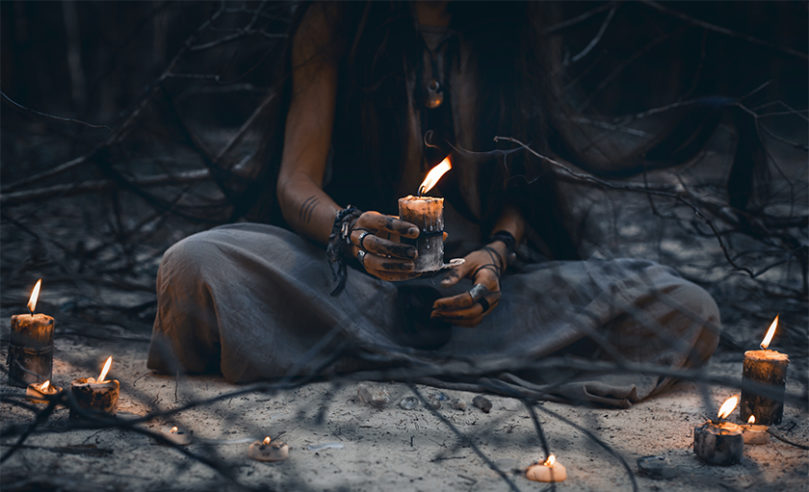
Supernatural is Eternal
The infamous CW series Supernatual is about to wrap up after 15 seasons on air, but the legacy of this fantastical giant is eternal. S. A. Hunt, author of the Malus Domestica series, joined us to talk about falling in love with the show, the impact the series had on her work, and more. Check it out here!

